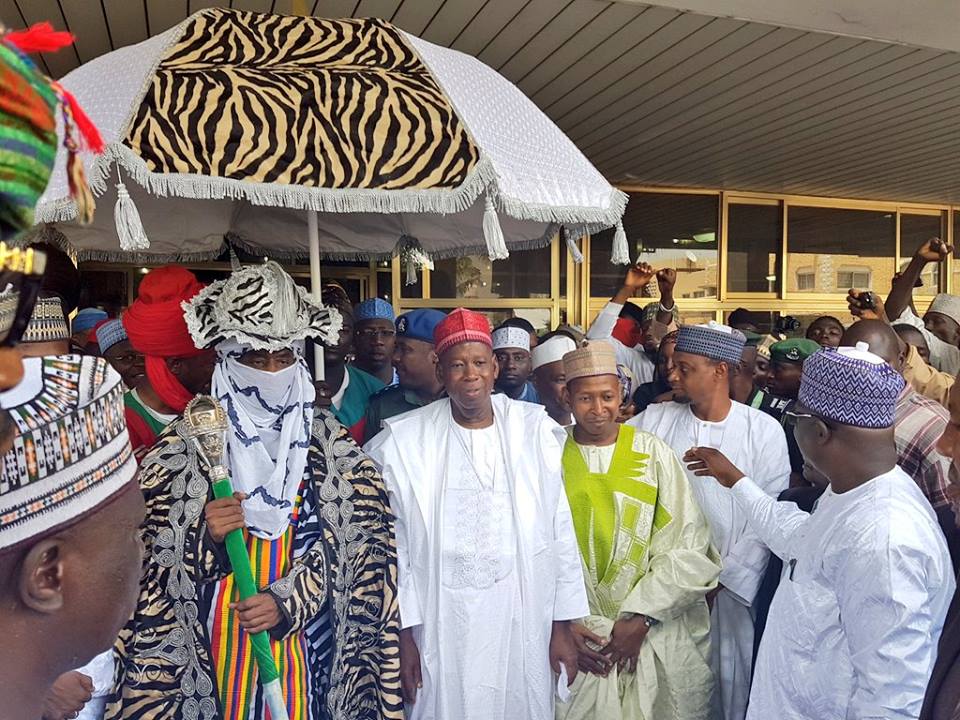BY TENU AWOONOR
Recently I was thinking of the increase in adoption OTT players have gained and the consequent dilemma it’s wrapping around operators who now have to grapple with the concern of who owns and influences the consumer. This also got me thinking about something else we tend to hear a lot, that term “content is king” which has become a catchphrase in telecom parlors.
It therefore begs the question of who owns/controls the (mobile) content consumers voraciously consume on a daily basis? Certainly not the operators but rather the likes of Youtube, Instagram, Snapchat for user generated content, to Iroko, Apple, Showmax for your movies and TV shows to mention a few.
After all, operators simply provide the pipe much like a highway with a tollbooth giving one access to a destination. Consumers invariably will cease to care which pipes are feeding the content, and would rather, as they should be only interested in making decisions about which show, news or user-generated clips they seek. In almost all markets in Africa there are several alternatives available for consumers to pick from and not just with the major operators but also new 4G entrants that are still small, and independent ISPs, all providing access-ways to content.
Is it, therefore, better to own and manage access to the pipe or control of the content? I believe that ultimately whoever controls the content will own and influence the consumer to pick whichever pipe they want to use as an access point. AT&T by acquiring Time Warner (if approved) will have control of the content and the pipe thereby giving them a stake in both arenas. It is already offering access to premium cable channels for free with certain mobile packages to tie in consumers. Other MNO’s are realizing the shifting consumer behavior and are appointing digital officers who will primarily be responsible for developing their content ecosystem.
Advertisement
Now, why is mobile content relevant for Africa? If you think about it, most individual’s primary source of entertainment in Africa is their mobile device. Very few have access to flat screen TVs, which is still a luxury by the way, to watch movies and shows. However pretty much everyone has a mobile phone of some sort that is used for listening to music, news, sports, movies etc. As a result, mobile content is fast becoming the channel of choice for consumers that like to access their shows on-demand and not be subjected to TV schedules.
For instance, my son and his friends consume most of the content they like on smartphones. Their smartphones have eclipsed television as the entertainment tool of choice where they can share clips, movies, music and chat amongst themselves through various apps. This group hardly ever uses voice; their preferred mode of communication is chat and video calling. They really do not care which network their friend is on it is irrelevant. For this group, it is what content they can consume, access, or share amongst themselves and the service (OTT) that allows them to do it that matters most.
Some operators are beginning to look beyond infrastructure and experiment with digital models, however many are still yet to adapt to the shifting landscape. Whoever is able to figure it out first and lock in providers and consumers, will leave the rest playing catch-up. Content (in the broader sense), therefore really is king…or is it not?
Advertisement
Tenu Awoonor is an international business executive with experience in both the private and public sectors. On Twitter, his handle is @TAwoonor.
Add a comment






